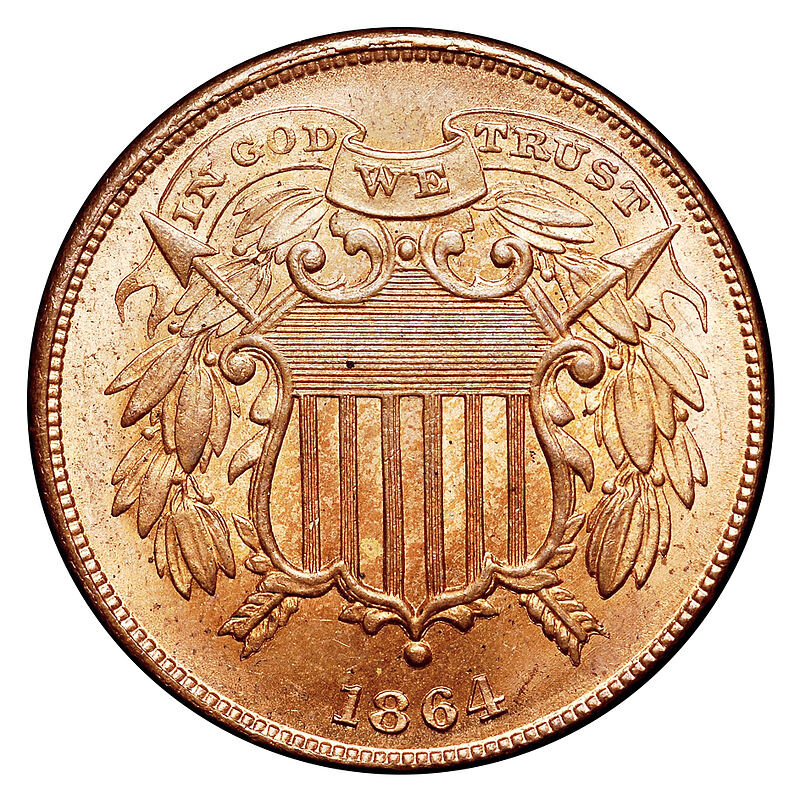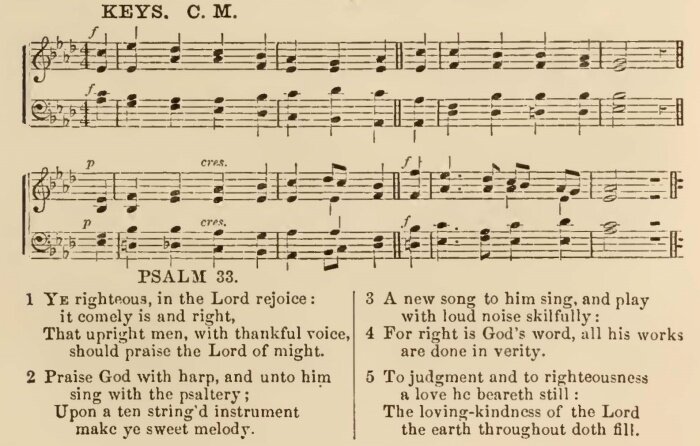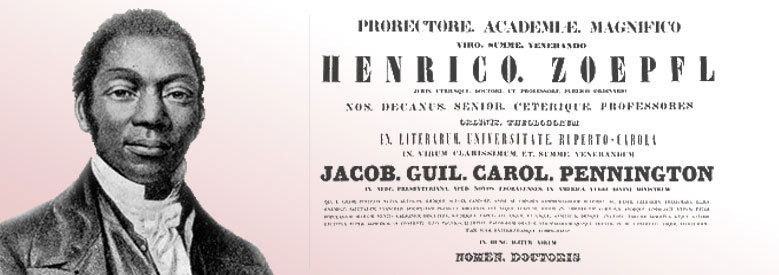(Receive our blog posts in your email by clicking here. If the author links in this post are broken, please visit our Free PDF Library and click on the author’s page directly.)
Speaking of pioneer Presbyterian minister and one of the co-founders of Washington & Jefferson College Thaddeus Dod (1740-1793), Helen Turnbull Waite Coleman writes:
In his brief diary, now in the collection at Washington and Jefferson, we read throughout the thin, tenuous pages, in his fine, silvery script such words as these: “July 25, 1775, Help me to take up my cross and follow Thee…I would desire nothing but to be Thine, — and that forever…Let no corrupt design lead me astray from the paths of simplicity and truth.” His “Covenant with God” he wrote at twenty-four, and this he renewed, again and again (Banners in the Wilderness: Early Years of Washington and Jefferson College, p. 8)
Many years after Thaddeus’ death, his son Cephas Dod transcribed portions of his journal and published his father’s “Autobiography and Memoir” in The Presbyterian Magazine (August 1854). The extracts given below are centered on Thaddeus’ covenant with God, which he swore on July 25, 1764.
Although Thaddeus had, as a boy of eleven years old, purposed to dedicate himself to the Lord, but had gradually instead become “most secure in sin.” Yet, in the summer of 1764, as a revival of religion was underway, and as his father passed away, the Lord began a work of grace in his heart that is manifest in his journal entries, and which culminated in a changed and covenanted life as a believer. But there were anxious moments as that work of grace progressed.
July 9th, 1764. — In the morning, rose early. Taking the Bible, I cast my eyes on these words, Ezek. 13:12: “Lo, when the wall is fallen, shall it not be said unto you, Where is the daubing wherewith ye daubed it?” This spoke to my very case. My wall is fallen, and I might justly be upbraided for my folly in trusting thus to it. Before any of the family were up, I went out, and my sorrows gave full vent, which much eased my mind. I retired into a wood near to Mr. T.’s, as I imagined, very humble, where I behaved myself very proudly before that God who sees in secret, which I shall not soon forget.
In the forenoon went to meeting. Some business was to have been transacted, but nothing could be done. The whole assembly was in confusion, as to any business. All that could be done or heard was the need of a Saviour. Undoneness without Christ. This was a day of divine power. Mr. B. told Mr. T. and me, he had had us much on his mind since parted with us last night. I hope to celebrate an endless eternity with him, and that he will be amply rewarded by bounteous Heaven, though I am unable to reward his faithfulness
This afternoon, the whole house seemed to be a “Bochim” — mourning for sin, it seemed to me, was universal through the whole congregation.
I went home again with Mr. T. This was a night of the utmost consequence to me — never to be forgotten; for, if I am not deceived, it will be matter of everlasting rejoicing. If I am deceived, it is of the same everlasting concern; for if I never discover the fatal delusion, I shall have reason to bemoan the time when I was deceived in a matter of such importance. If I should be brought to see the fallacy of my hope, and to close savingly with Christ, then I shall for ever blessed the Lord, who saved me from the delusion; so that it is of the greatest importance to me and to Mr. T. And I bless God I have (though not as I ought, and then thought that I should) been in earnest for my soul’s salvation. I this time received great light. I lay no stress upon any joys, or confidence of my interest in Christ. If what I had then, and from time to time since, hath not a transforming influence upon my soul, making me more and more like the blessed God, and bringing me to a conformity to His holy, just, and good law, I pray God I may discover it, and may be saved from the fatal, delusive, and treacherous heart I have in me.
July 10th, 1764. — Went with Mr. T. to D.C.’s, where we were received with much pleasure, and had some pleasant discourse upon the things of God. Went to other places, and had some pleasant discourse upon the things of God. Went to other places, and everywhere had discourse upon the great Gospel mysteries. I would have disdained as much to have entered into discourse about the things of the world as to wallow in the dirt with the swine. The Scripture seemed new to me. Those things which seemed written for the Jews were brought home to me, and Christ was become (as I thought) my whole dependence for wisdom, righteousness, sanctification, and redemption.
July 16th. — I feel so prodigiously hardened and confused in my mind, that I know not what answer to give any one. Am so amazed and confused, that I cannot examine my own state — cannot tell what has been and what has not with me.
This afternoon, began to write an instrument of self-dedication to God, according to the advice of several divines, particularly Dr. Doddridge.
July 17th. — Very much distressed in mind. Much in doubt as to the state of my soul. Satan still follows me with most horrid thoughts — blasphemous, unbelieving. I am afraid to speak or write anything, lest it be wrong.
July 18th. — This morning my soul had such a visit from heaven that I felt myself quite turned about, and could scarcely believe that it had been with me as it had. I cannot describe it.
July 24th. — In a sweet frame. Had some freedom with God in prayer. O my God, give me preparedness to go through with the solemn business of to-morrow!
July 25th, 1764. — This being the day set apart to seek the eternal welfare of my soul, and for imploring divine assistance, retired into a solitary place on the mountain. Here I made my solemn engagements in writing, and in that solemn manner entered into covenant obligations to be the Lord’s. O! may divine grace be ever near for my support, without which I shall never perform one article. O my God! leave me not to a cold, dead, careless performance of duty, but help me daily to take up my cross and follow thee. Now that I am enlisted into thy service, help me to approve myself a good soldier of Jesus Christ.
As he began his soldier service for the King, he immediately again felt the spiritual struggle and warfare that all Christians know well. But having covenanted to belong to Christ, the work of grace by God in him continued. He labored for the cause of Christ as a minister of the gospel and as a teacher in a log cabin school, paving the way — with his co-laborers in the Lord — to bring the Gospel to people west of the Allegheny Mountains. When he entered into glory on May 20, 1793, his funeral sermon was preached by John McMillan, the text being “And I heard a voice from heaven saying unto me, Write, Blessed are the dead which die in the Lord from henceforth: Yea, saith the Spirit, that they may rest from their labours; and their works do follow them” (Rev. 14:13). He found his soul’s rest, and his legacy for the cause of Christ is not to be forgotten. Read more from diary and his son’s memoir here.


































